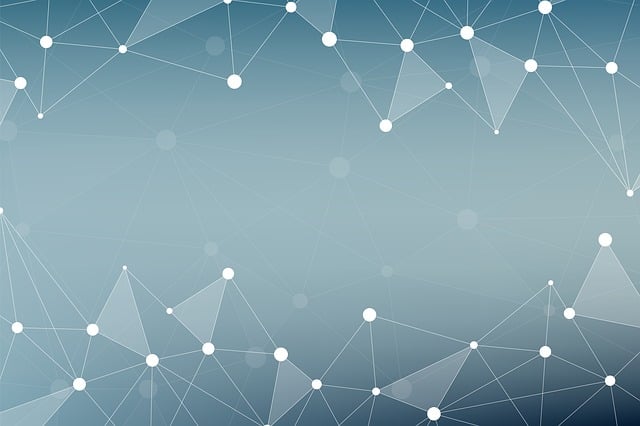ChatGPT, powered by advanced machine learning techniques, has revolutionized conversational AI by generating human-like responses. To understand how ChatGPT achieves its remarkable capabilities, it is essential to delve into its pre-training and fine-tuning process. We explore the intricacies of ChatGPT’s training methodology, providing insights into its pre-training phase and the subsequent fine-tuning process.
Pre-training: Building General Knowledge
ChatGPT’s journey begins with a pre-training phase, where it is exposed to a vast amount of publicly available text data from the internet. This data includes a diverse range of sources, such as books, articles, websites, and more. During pre-training, ChatGPT learns to predict the next word in a sentence, gradually acquiring a deep understanding of language patterns, grammar, and general knowledge. This process equips ChatGPT with a broad foundation of information, enabling it to generate coherent and contextually relevant responses.
Fine-tuning: Tailoring to Specific Tasks
While pre-training provides ChatGPT with a solid linguistic foundation, fine-tuning is the process that shapes it for specific tasks or domains. Fine-tuning involves training ChatGPT on more specific datasets that are carefully curated and aligned with the desired application. For example, if ChatGPT is intended for customer support, it will be fine-tuned on customer service conversations. This fine-tuning process allows ChatGPT to adapt its knowledge and generate responses that are tailored to the desired context.
Dataset Selection and Annotation
The success of fine-tuning relies heavily on the quality and relevance of the training dataset. Data scientists carefully select and annotate datasets that align with the target task. These datasets may consist of domain-specific conversations, customer support logs, or any other relevant text sources. Annotation involves labeling the data to provide context, such as identifying user intents or categorizing responses based on their appropriateness. This curated dataset serves as the training material during the fine-tuning phase.
Iterative Training and Evaluation
During fine-tuning, ChatGPT undergoes iterative training and evaluation cycles. It is exposed to the curated dataset, and its responses are adjusted based on feedback and evaluations from human reviewers. These reviewers assess the quality, relevance, and coherence of ChatGPT’s generated responses. This iterative process helps refine ChatGPT’s language generation capabilities and aligns it more closely with human-like conversational patterns.
Mitigating Bias and Ensuring Ethical AI
Throughout the training process, including fine-tuning, efforts are made to mitigate biases and ensure ethical AI practices. Dataset curation and annotation processes aim to provide a fair and balanced representation of various perspectives. Reviewers play a vital role in identifying and addressing any biases or inappropriate responses generated by ChatGPT. Continual monitoring and evaluation help maintain ethical standards and improve the system’s overall fairness and inclusivity.
ChatGPT’s training process involves a combination of pre-training and fine-tuning, enabling it to generate contextually relevant and coherent responses. Pre-training equips ChatGPT with a broad understanding of language, while fine-tuning tailors its knowledge to specific tasks or domains. With careful dataset selection, annotation, and iterative training, ChatGPT can provide human-like responses that meet the desired application’s requirements. As research and development continue, refining the training process and addressing ethical considerations will further enhance the capabilities of ChatGPT, leading to more advanced and responsible conversational AI systems.
Book Scott Today
Book Scott to keynote at your next event!
Managing Partner at Astor Perkins, TEDx, Top Global Innovation Keynote Speaker, Forbes, Singularity University, SXSW, IBM Futurist, Tribeca Disruptor Foundation Fellow, National Sloan Fellow, Wiley Author, TechCrunch, Winner of Innovation Awards.


















